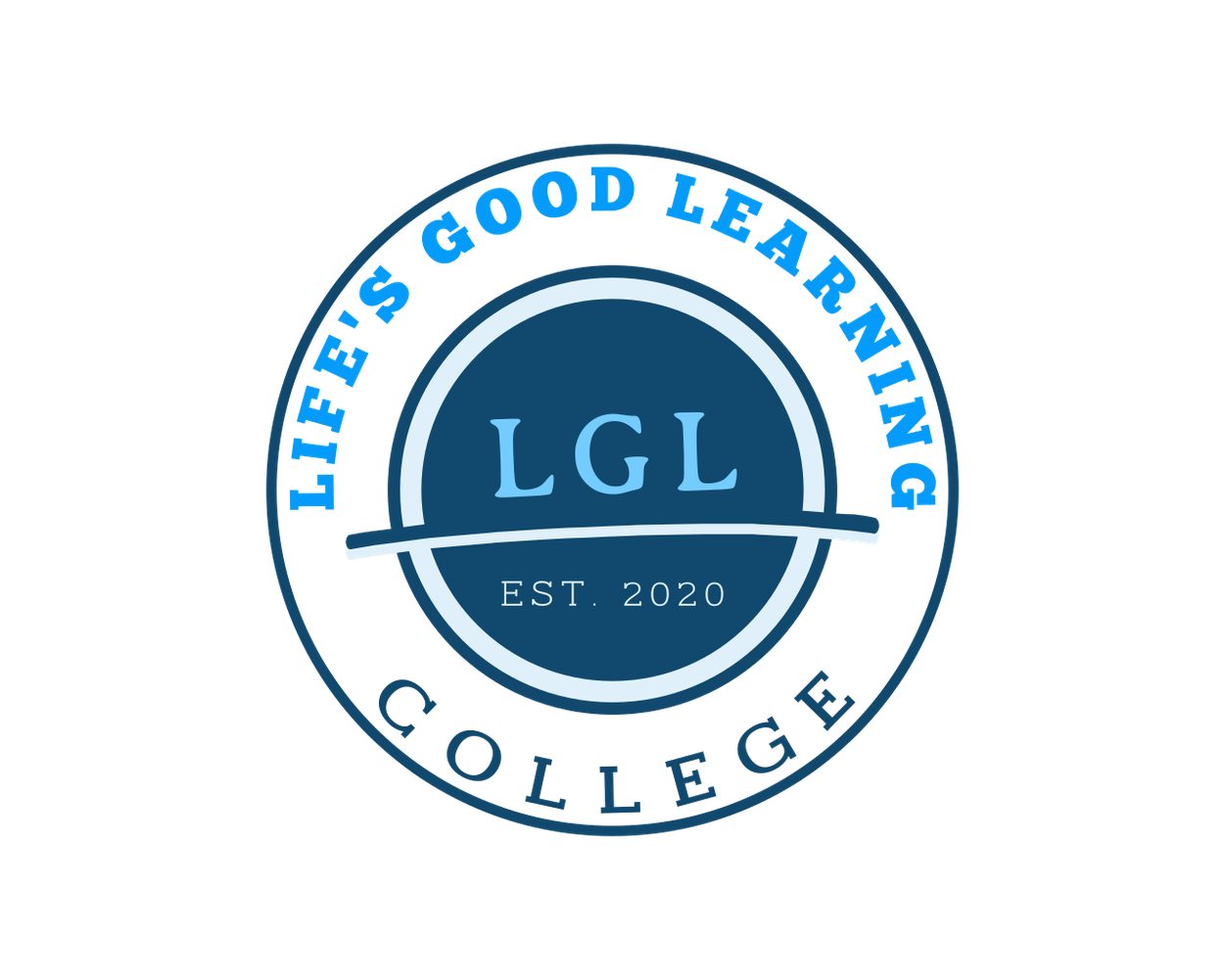
How Long Does It Take to Become a CNA?
Share
Becoming a Certified Nursing Assistant (CNA) is one of the fastest ways to launch a career in healthcare. Whether you’re fresh out of school, switching professions, or re-entering the workforce, CNA training programs offer a streamlined path into the medical field. But just how long does it take to go from student to certified professional? The answer depends on several factors, including the type of program, your schedule, and your location. This guide breaks down every step—from classroom training to passing the state exam—so you know exactly what to expect and how to plan your timeline for success.
Typical Length of CNA Programs
Most CNA programs in the United States take between 4 to 12 weeks to complete. The specific timeline depends on the state’s requirements and the school’s course structure. Standard programs usually consist of 60 to 100 hours of classroom instruction combined with 20 to 40 hours of clinical training.
The fastest programs are full-time, immersive options that compress the training into just a few weeks, while part-time or flexible schedules may extend the duration over several months. It’s important to note that the curriculum must meet state-approved training standards to qualify you for the CNA certification exam. So even if the length varies, the end goal is the same: preparing you with the essential knowledge and skills to assist patients effectively.
Day, Evening, and Weekend Program Duration
CNA programs are designed to accommodate different lifestyles, which is why many schools offer day, evening, and weekend tracks. Full-time day programs are the shortest, usually wrapping up in 4 to 6 weeks. These are ideal for students who can commit to intensive, weekday instruction.
Evening and weekend programs cater to individuals balancing work or family obligations. These tend to stretch over 8 to 12 weeks, meeting a few times per week in shorter sessions. While they take longer to complete, they offer much-needed flexibility and are just as comprehensive.
The core curriculum remains consistent across all schedules, covering patient care, safety, infection control, and basic nursing procedures. The choice between formats depends on your availability and how quickly you want to enter the workforce. Evening and weekend programs are just as effective; they simply deliver the content at a slower pace.
Clinical Hours vs. Theory Hours
Every CNA program includes a combination of classroom instruction (theory) and hands-on clinical training. Understanding how these are divided can help you better plan your time. Typically, theory hours range from 60 to 80, covering essential knowledge in anatomy, patient care, ethics, and infection control.
Clinical hours, on the other hand, usually account for 20 to 40 hours and are completed under supervision in a healthcare facility like a hospital or nursing home. These sessions allow you to apply what you’ve learned in real-life scenarios, preparing you for the demands of a CNA role.
The clinical portion is mandatory and often scheduled toward the end of the program. Missing or failing this component can delay your eligibility for the certification exam. Some states specify minimum requirements for both types of hours, so be sure your chosen program meets your state’s licensing criteria.
Online vs. In-Person Program Length
With the rise of e-learning, many CNA programs now offer hybrid or fully online options—especially for the classroom theory portion. Online CNA programs allow students to complete lectures, assignments, and quizzes at their own pace, which can either shorten or lengthen the program depending on individual motivation.
However, clinical training must still be completed in person, as hands-on patient care can’t be replicated online. Some schools offer structured hybrid models where online modules are paired with scheduled clinical days at approved facilities.
In terms of time, online programs can range from 4 to 12 weeks, similar to traditional courses. The main advantage lies in flexibility, allowing students to manage their learning schedule around other commitments. Just make sure the online program is state-approved and that your clinical placements are secured early to avoid delays in certification.
Accelerated CNA Programs
For those eager to enter the workforce quickly, accelerated CNA programs are an ideal option. These intensive courses are designed to compress all required instruction into 2 to 4 weeks, with classes often running full days, Monday through Friday.
Accelerated programs are perfect for highly motivated individuals who can dedicate significant time and focus during a short period. They’re especially popular among aspiring nurses, caregivers, or career changers who want to fast-track their entry into the healthcare field.
These programs include both theory and clinical training, meeting all state-mandated requirements. While fast, they are demanding—missing a single day can set you back significantly. It’s important to be prepared for a rigorous schedule, but the payoff is swift: faster completion means you can apply for the state exam sooner and start working as a CNA in just a few months.
How Long It Takes to Schedule the State Exam
Once you complete your CNA training, the next step is scheduling the state certification exam. The timeline for this varies by state and testing agency, but most candidates can expect to take the test within 2 to 4 weeks after program completion.
Scheduling depends on factors like testing availability, application processing time, and required documentation. Some schools assist with exam registration and may even host on-site testing, which can speed things up. Others require you to register independently through your state’s nurse aide registry or a third-party provider like Pearson VUE or Prometric.
To avoid delays, apply for the exam as soon as your training ends. Ensure all paperwork is submitted correctly, including proof of completed hours, identification, and any background checks if required. The sooner your application is approved, the sooner you can test—and start working.
Time to Get Certified After Passing the Exam
After passing the state exam, you’re almost at the finish line—but you still need to wait for your official certification. In most cases, candidates receive their CNA license or registry listing within 1 to 3 weeks after passing. Some states offer digital confirmation immediately, while others mail a physical certificate.
Delays can occur if there are issues with your application, background check, or name verification. To prevent setbacks, keep all documents organized and follow up with the licensing board if you haven’t received confirmation within the expected time frame.
Once certified, you’re eligible to apply for CNA positions in hospitals, nursing homes, home care agencies, and more. Some states also offer a temporary license while the permanent one is processed, allowing you to start work sooner. Always confirm with your state board for the most accurate timeline.
Part-Time vs. Full-Time Options
Choosing between a part-time and full-time CNA program depends on your schedule, learning style, and urgency to begin working. Full-time programs are ideal for those who can commit several hours daily and want to complete training as quickly as possible—usually in 4 to 6 weeks.
Part-time programs, by contrast, are spread over 8 to 16 weeks with classes held during evenings or weekends. These are perfect for students balancing jobs, families, or other responsibilities. While they take longer to complete, part-time programs often have higher retention rates because students can absorb material at a more manageable pace.
Both formats cover the same curriculum and qualify you for the state exam, so the decision comes down to convenience and lifestyle. Think about how much time you can realistically devote each week, and choose the path that aligns with your availability and goals.
Factors That May Delay Completion
While most CNA programs run smoothly, certain issues can delay your progress. Common setbacks include missed clinical hours, failing a course module, or incomplete paperwork for state exam registration. Attendance is critical—many programs have strict policies, and missing even a few hours can result in having to retake portions of the course.
Administrative delays, such as processing background checks or obtaining immunization records, can also push back your start or exam date. Choosing a program without confirmed clinical sites can further stall your timeline, as students may be left waiting for placement.
To stay on track, stay organized. Keep a calendar of deadlines, maintain regular communication with your program coordinator, and double-check all documentation for accuracy. Being proactive can help you avoid unnecessary delays and keep your path to certification smooth and efficient.
Fast-Track Programs in California
California offers a range of fast-track CNA programs, many of which are completed in 21 to 30 days. These are particularly popular in cities like Los Angeles, San Diego, and San Jose, where demand for CNAs is high and job placement assistance is often included.
Programs approved by the California Department of Public Health (CDPH) require at least 60 hours of classroom instruction and 100 hours of clinical training. Fast-track options meet these requirements through daily intensive sessions, sometimes held six days a week.
While fast-track programs offer rapid entry into the workforce, they require total commitment. Students often have to attend full-day classes and complete assignments on evenings or weekends. However, the payoff is a CNA certification in just over a month, positioning you to begin work quickly in hospitals, nursing homes, or home health agencies throughout the state.
Becoming a CNA doesn’t take years—it can be done in a matter of weeks with the right program and preparation. Whether you choose a fast-track course, evening classes, or an online hybrid model, your path to certification is flexible and accessible. From training hours and clinicals to state exams and license processing, most students can become certified and job-ready in 2 to 4 months. The key is choosing a program that fits your lifestyle and being proactive at every step. With dedication and a clear timeline, you’ll be on your way to a rewarding healthcare career faster than you think.

